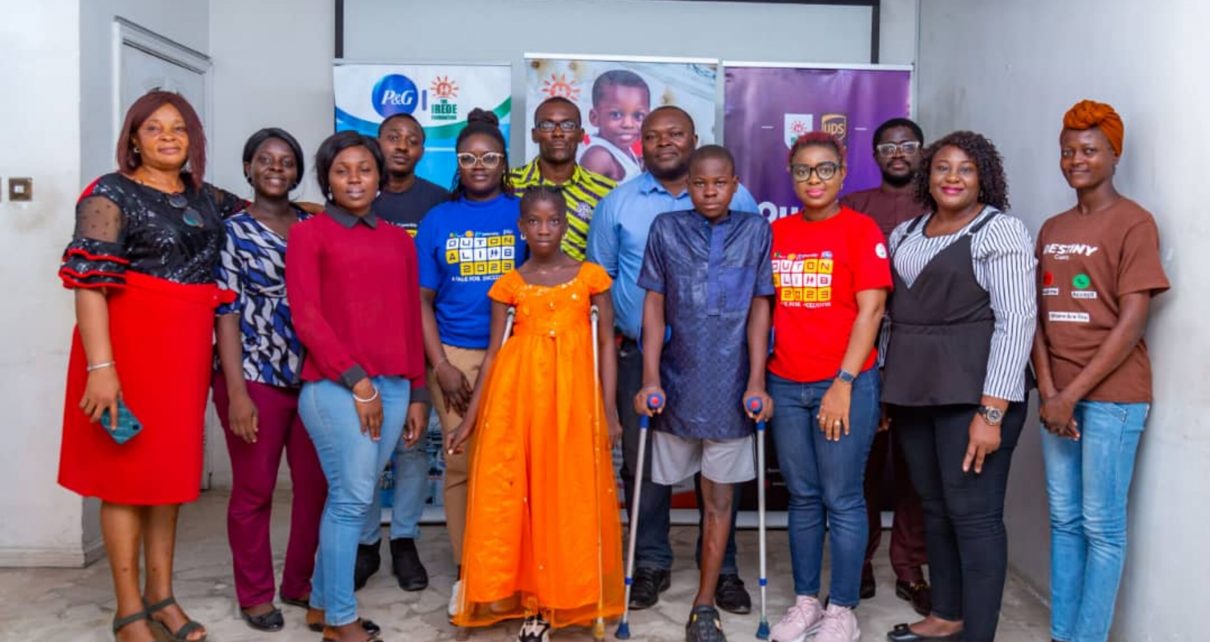The Irede Foundation, a Non-Governmental Organisation (NGO), has finalised plans for its annual advocacy walk to promote inclusion of Persons with Disabilities (PWDs) in society.
This was revealed in a statement made by the foundation’s executive director, Mrs. Crystal Chigbu, on Tuesday in Lagos.
According to Chigbu, the walk, which will be held on April 8 at 7 a.m. in the Ikoyi, Alimosho, and Ikorodu areas of Lagos, will be staged across 60 locations worldwide.
She stated that the “Out On A Limb” event is the 10th iteration of the walk for disability advocacy.
According to Chigbu, the walk is a fun activity for the whole family that supporters of the foundation always look forward to.
She claims that the emphasis of this year’s theme will be on how important it is for individuals with disabilities to live in an inclusive society.
“Out On A Limb will be the platform for people with disabilities to care about and see themselves as part of the larger world.
“It will also give other people the opportunity to see how disabilities and exclusion affects those concerned and how we can all build a more inclusive society,” she said.
The executive director lamented the fact that the cost of purchasing a prosthetic limb had sadly increased to an average of 1.5 million due to the foreign currency market.
“Right now, the average cost of a prosthetic limb is ₦1.5 million.
“This is very expensive; so, we keep trying our best to make it more affordable but it really isn’t easy, which is why we also talk about prevention a lot.
“There are certain amputations that are unnecessary, that should have been easily avoided but took a different turn due to negligence and ignorance,” she stated.
Chigbu noted that as an organisation, the foundation supported kids who were born with or acquired limb loss in leading happy lives.
The organisation was founded in Nigeria in 2012, and its goal is to mobilise people to take action so that children with amputees, as well as their families and carers, can lead independent, boundless lives.
They do this through offering prosthetic limbs to children who have lost limbs between the ages of 0 and 18 as well as via advocacy for people with disabilities, support groups for family carers, and trainings on how to use adaptive equipment.


